Last week 100,000+ people and thousands of companies were in Houston for the Offshore Technology Conference (OTC), which is basically the Disney World of the offshore oil and gas industry. I was there as a student representative for the Marine Technology Society Council, along with the extraordinary Breezy Grenier, the other MTS student representative. The Marine Technology Society, especially OTC Board member Chuck Richards (of C.A. Richards & Associates), deserve a huge thanks for welcoming Breezy and me at the conference.
Most of the conference was geared towards oil and gas companies. I was more interested in underwater imaging systems. Bowtech Products Ltd put on a good show of their underwater cameras, LED lighting, connectors, and fiber optic multiplexers. There were also a number of impressive sonar imaging systems, e.g., by 2G Robotics. Most companies there are looking to make business connections with other businesses, so I'm really thankful when they're willing to chat with students, even though we're clearly not buying.
Brian Salerno, Director of the Bureau of Safety and Environmental Enforcement, had interesting remarks on the conference from the perspective of a regulator:
Your industry sets a very aggressive pace, you are the source of new ideas and technology. The challenge for those of us who are regulators is to keep pace with you, and to understand the safety and environmental implications of this technology, so that offshore resources can be developed without incident.
This then gets to the fundamental question of the role of the regulator, vis-a-vis the industry, and how we can collaborate in a meaningful way, all the while remaining true to our obligation to act first and foremost in the public interest.
His full statement here.
Brian Salerno, Director of the Bureau of Safety and Environmental Enforcement, had interesting remarks on the conference from the perspective of a regulator:
Your industry sets a very aggressive pace, you are the source of new ideas and technology. The challenge for those of us who are regulators is to keep pace with you, and to understand the safety and environmental implications of this technology, so that offshore resources can be developed without incident.
This then gets to the fundamental question of the role of the regulator, vis-a-vis the industry, and how we can collaborate in a meaningful way, all the while remaining true to our obligation to act first and foremost in the public interest.
His full statement here.
I learned that the US government is extremely interested in a) the missing flight 370, and b) the Pacific garbage patch, but little else ocean related. These are by no means the biggest threats facing the ocean -- that list would start with overfishing, pollution, and climate change (which includes acidification). Frankly, it's scandalous that the US still hasn't ratified the Law of the Sea Convention that it negotiated more than 30 years ago. 165 other countries have passed us by!
The MTS council meeting was the day before the conference started, so we had time to explore the city, including the Natural History Museum.
The MTS council meeting was the day before the conference started, so we had time to explore the city, including the Natural History Museum.
| |
Something interesting happened at dinner. I was talking about Mission 31 and from across the table someone quietly said "I worked for 5 years to get Aquarius shut down." I won't name names here but a fascinating conversation ensued about the relative value and merits of deep-sea research compared to other fields (say, hurricane prediction). I learned that the National Science Foundation (a major source of government science funding) now judges its grant applicants on the broader impacts of the research and its benefits to society (see broader impacts criterion). The problem is that scientists, especially those doing cutting edge research, don't always know the impact of their research. Fourier, for example, struggled to fund his theoretical mathematics research on the Fourier transform. He died long before the results of his work (i.e., the Fourier Transform) were used as the basis for most telecommunications on the globe.
The debate on who should fund what scientific research is huge. Should governments fund? Should private companies? If the government funds, will the private sector follow? I don't have answers, but I know something has to change. See "James Cameron says today's ocean exploration is “piss poor.” He's right.
The debate on who should fund what scientific research is huge. Should governments fund? Should private companies? If the government funds, will the private sector follow? I don't have answers, but I know something has to change. See "James Cameron says today's ocean exploration is “piss poor.” He's right.
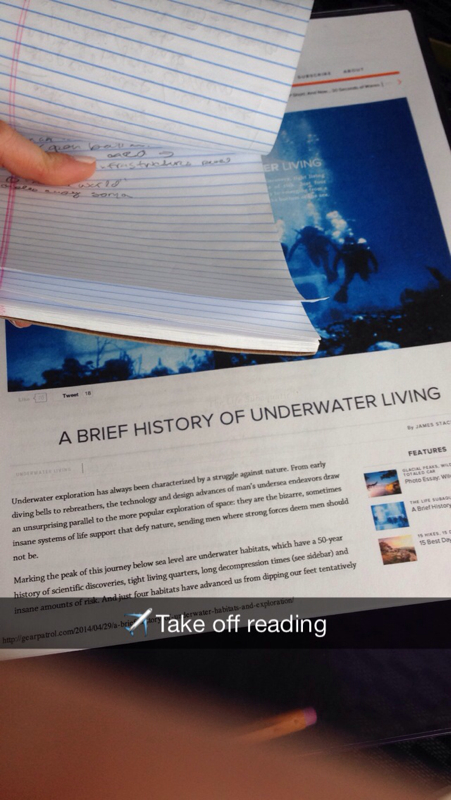
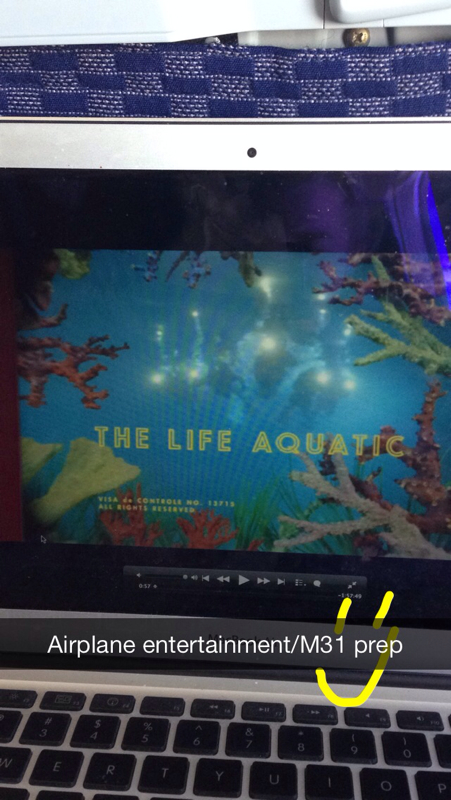
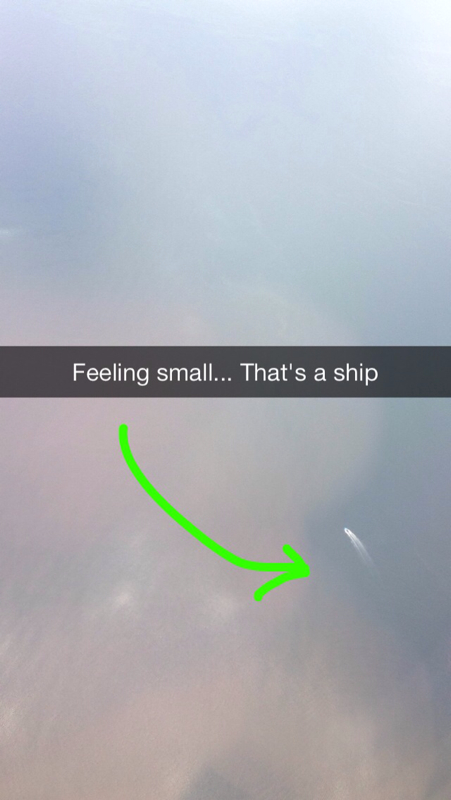

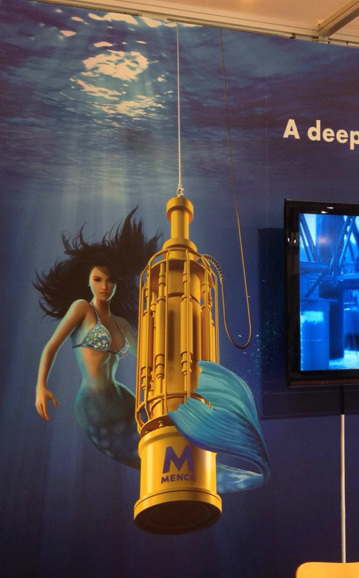







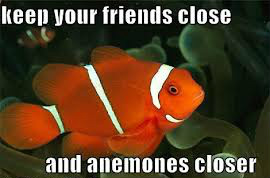

 RSS Feed
RSS Feed
